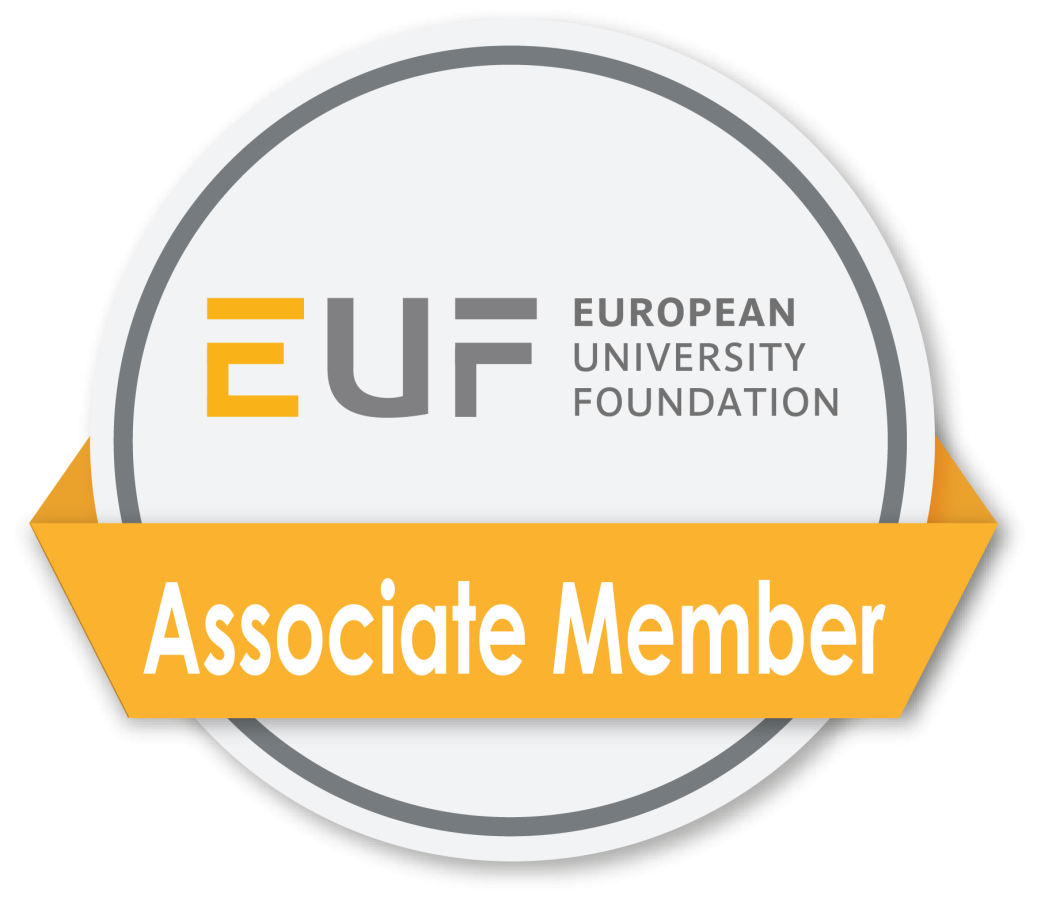

International cooperation
Many ways to be international
Modern-day challenges know no boundaries. Instead, they require cross-border cooperation. Our international operations contribute to all key areas of the university: education, research and societal impact. We are active contributors in leading research and educational networks and partnerships both nationally and internationally.
We are an international community
We have focused strongly on international recruitment. Almost one-third of our academic staff comes from outside of Finland. We encourage our personnel to study and work abroad.
We are active contributors in leading research and educational networks and partnerships, both nationally and internationally. The members of our university community visit, develop and work in scientific communities and companies around the world during different stages of their careers. We also work responsibly towards the integration of international experts into Finnish society.
Hello world!
The importance of having international experience has grown both professionally and personally. All our degree studies include internationalisation studies in some form. We encourage our students to study abroad and work for international companies.
We are well networked and cooperate with more than 200 universities in almost 50 countries. Every year, more than 250 of our students spend time abroad studying or working. We welcome about 200 exchange students and 300 international degree students into our master's programmes every year. Concerning international degree students, we invest in the students' Finnish and Swedish language skills as well as offer them career services and internships in Ostrobothnia.

International networks and assessments
The University of Vaasa is well networked and cooperates in several international networks and programmes.
Erasmus+ aims to modernise and improve higher education across Europe and the rest of the world. It gives students and staff opportunities to develop their skills and boost their employment prospectives as well as exchange of good practices between universities and business.
Nordplus is the Nordic Council of Ministers' most important programme in the area of lifelong learning. It aims to strengthen Nordic educational cooperation and lifelong learning and to promote Nordic languages and culture.
Magna Charta Observatory of Fundamental University Values and Rights is a non-profit organisation, which aims to gather information, express opinions and prepare documents relating to the respect for, and protection of, the fundamental university values and rights.
EUA - The European University Association is the largest and most comprehensive organisation representing universities in Europe. As the voice of Europe’s universities, EUA supports and takes forward the interests of individual institutions and the higher education sector as a whole.
EMFD – the European Foundation for Management Development is an international membership organisation, which acts as a catalyst to promote and enhance excellence in management development internationally.
ACA (Academic Cooperation Association) is a dynamic think tank in the area of international cooperation in higher education. Its goal is to promote innovation and internationalisation of European higher education while maintaining a global outreach.
IAU International Association of Universities is a UNESCO-based worldwide association of higher education institutions. It brings together institutions and organisations from some 120 countries for reflection and action on common concerns and collaborates with various international, regional and national bodies active in higher education.
OECD Higher Education Policy has established a permanent forum in which education professionals can exchange experiences and benefit from shared reflection, thought and analysis in order to address the issues that concern them.
HR Excellence in Research gives public recognition to research institutions that have made progress in aligning their human resource policies with the principles set out in the "European Charter for Researchers and the Code of Conduct for the Recruitment of Researchers". The University of Vaasa is committed to implementing fair and transparent recruitment and appraisal procedures for researchers.
The University of Vaasa is part of the EUNICE European Network University, which is made up of ten universities from across Europe. EUNICE offers flexible possibilities for international experiences, such as joint online courses and internships. The network strengthens the education, research and internationalisation of the University of Vaasa. Read more.
HERMES is a network of universities working closely together to define study programmes, exchanging professors and organizing joint research projects. Each year, this network holds an annual conference at one of the partner universities, where common programmes are defined and achievements are reported.
GBSN is a global network of business schools addressing local problems through education and training.
The European University Foundation aims to accelerate the modernisation of the European Higher Education Area. The Foundation focuses its action on five pillars and it stands for diversity and social fairness in Higher Education.






